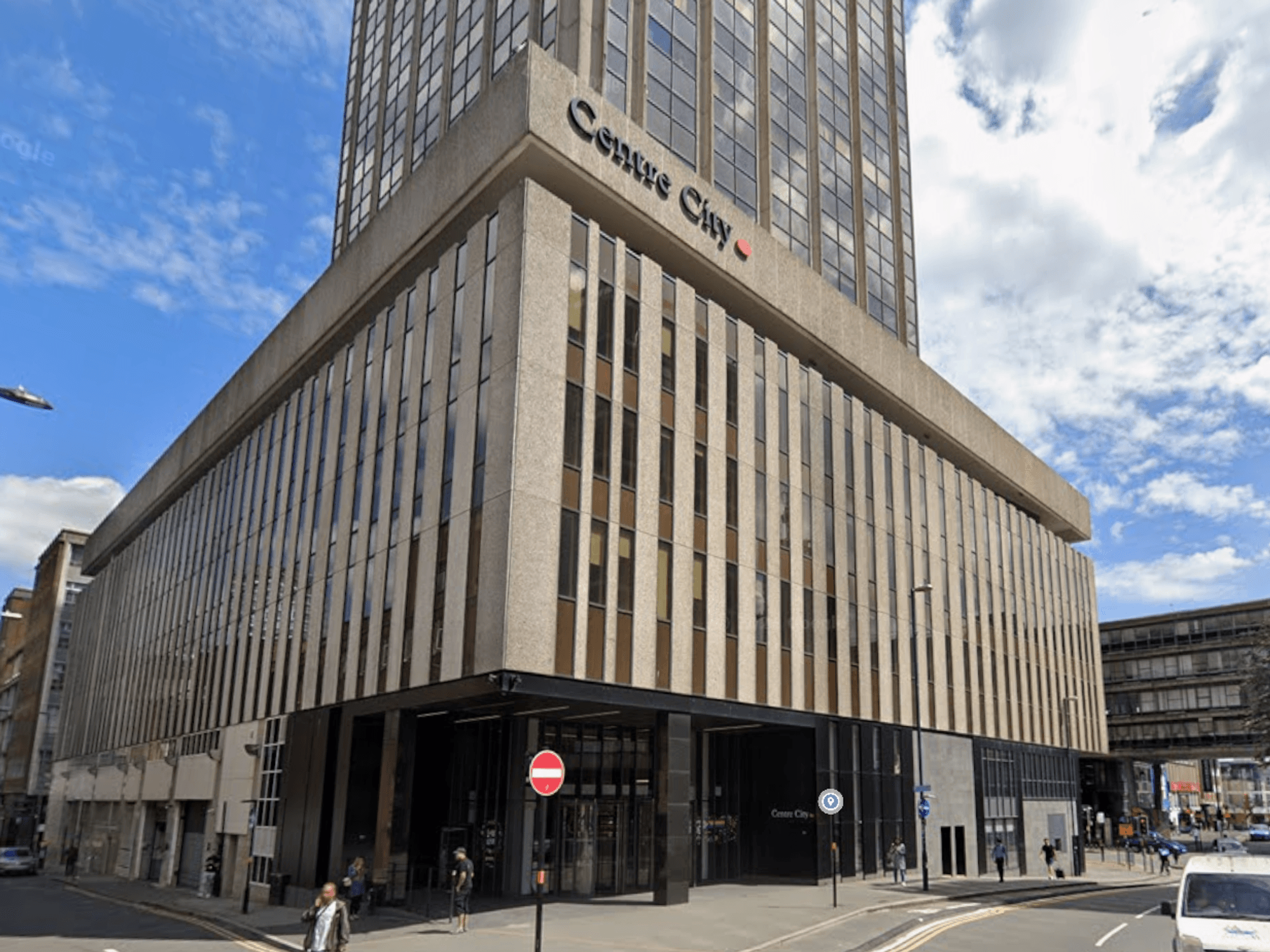Cyclists labelled more dangerous to pedestrians than cars as riders face new prison sentences
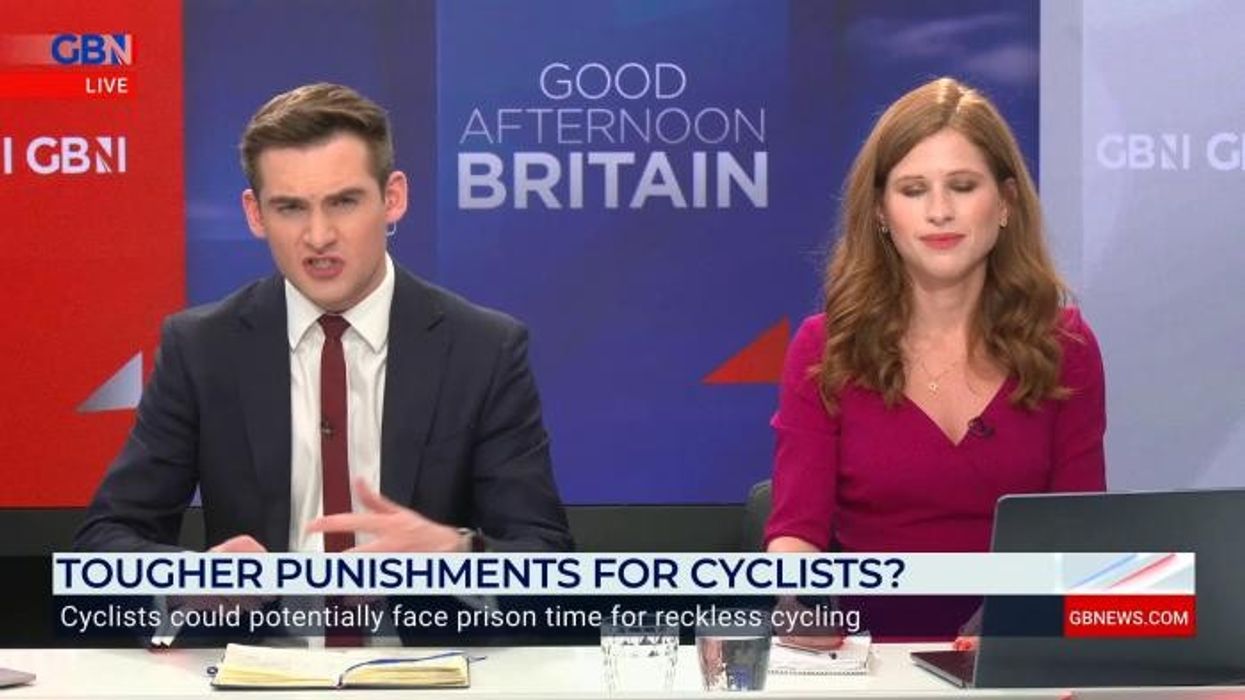
WATCH: GB News discusses whether tougher punishments for cyclists should come into force
|GB NEWS

Changes to the Crime and Policing Bill could see cyclists hit with life imprisonment for killing someone
Don't Miss
Most Read
Cyclists have been found to be more likely to kill or seriously injure pedestrians than vehicles in Royal Parks, shocking new research has reported.
New data found that nine pedestrians were hit by cyclists riding in Royal Parks between January 2024 and April 2025, while no pedestrians were hit by cars during the same period. There were just two cases of near misses involving vehicles reported.
The Royal Parks charity is a network which looks after the key green spaces in London, including the popular Hyde Park, Regent’s Park and Richmond Park, which many cyclists use to avoid roads.
But while the parks hope to be safe for pedestrians and cyclists away from the busy streets, reports have found them to have the opposite effect.
Do you have a story you'd like to share? Get in touch by emailing motoring@gbnews.uk
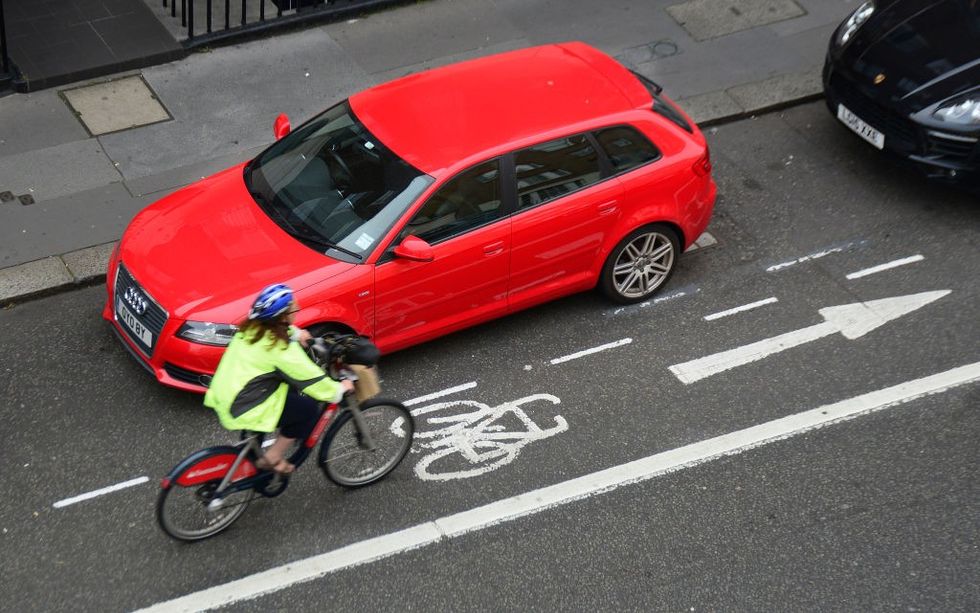
Reports found that more pedestrians were hit by cyclists than vehicles last year
|GETTY
According to data by the London Cycling Campaign, nine cyclists collided with other cyclists, while a further two riders crashed into cars.
In April, having acknowledged the growing problem with cyclists, the Royal Parks launched a campaign urging riders to slow down and adhere to speed limits.
The campaign also found that 86 per cent of Londoners think there should be a 20mph speed limit for bicycles to help crack down on future collisions.
Darren Share, Director of Parks at the Royal Parks charity, said: "Cyclists must understand the impact their speed can have on others, which is why it is crucial that they comply with the Park Regulations, and we are asking people to stay within the vehicle speed limits in the parks.
"The safety of all visitors is our top priority. By encouraging cyclists to slow down, respect the park environment and be considerate of others, we hope to foster a culture of respect and a safer, more enjoyable experience for all park visitors, whether on two feet or two wheels."
Tom Fyans, the LCC chief executive, responded to the campaign, stating that while cyclists riding too fast "are annoying and can undeniably be dangerous, the biggest cause of road danger to anyone inside a Royal Park remains drivers."
The rise in cases prompted a response from the Government, which announced last month it would close the current "loopholes" in place, which have allowed cyclists to evade responsibility.
The rule change would see amendments to the Crime and Policing Bill that currently limits prison sentences for dangerous cycling to only two years, with the update increasing the penalty to as much as imprisonment for life.
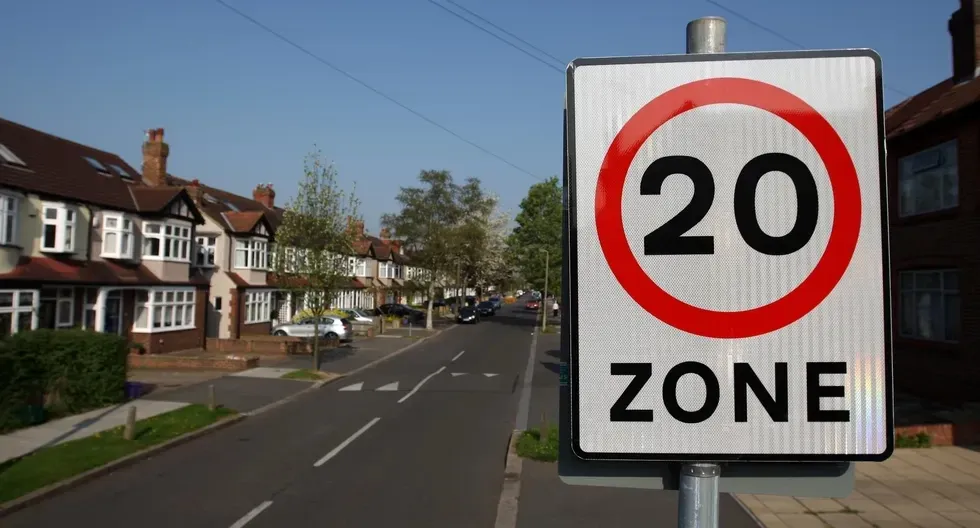
The Royal Parks charity has called for cyclists to follow 20mph speed limits
| PACurrently, reckless cycling can be deemed a crime under the Offences Against the Person Act 1861, which was originally designed for riders of horse-drawn carriages and has failed to be updated in the past 160 years.
A Department for Transport spokesperson said: "Dangerous cycling is completely unacceptable, and the safety of our roads is a key priority for this Government.
"The Government is proposing new offences and penalties for dangerous cycling, updating legislation to ensure that the tiny minority who recklessly disregard others face the full force of the law."
Chris Boardman, former Olympic cyclist and National Active Travel Commissioner for England, warned that if tougher rules were introduced, it could deter people from cycling altogether.
LATEST DEVELOPMENTS:
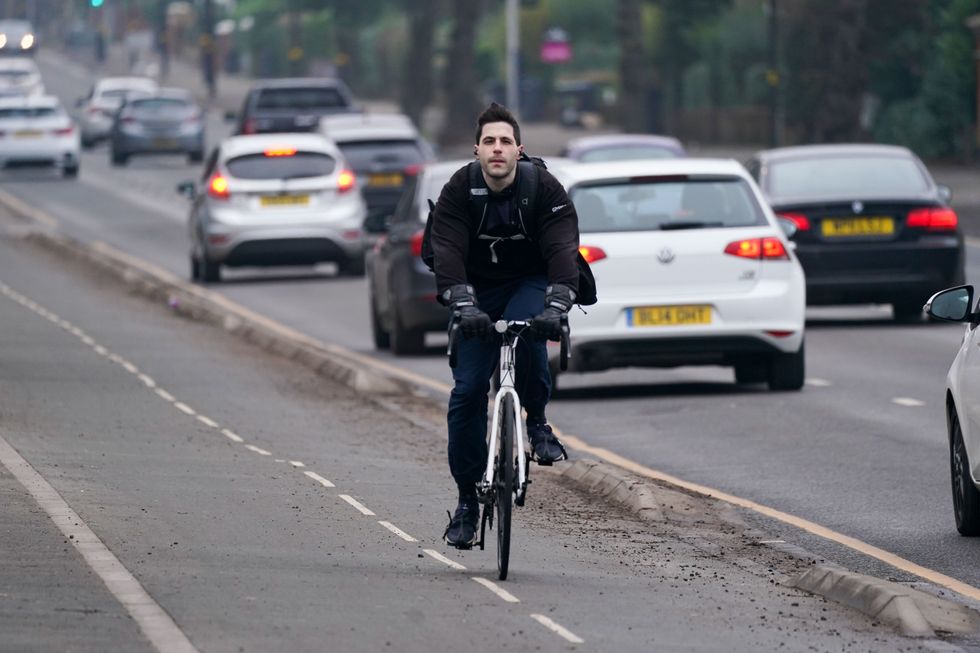
The Department for Transport is currently looking at amending the rules for cyclists who injure or kill pedestrians
| PADuncan Dollimore, head of campaigns at Cycling UK, added: "It's crucial that any legislative changes do not discourage people from cycling, particularly at a time when promoting active and sustainable travel is vital for our health, environment, and economy."






